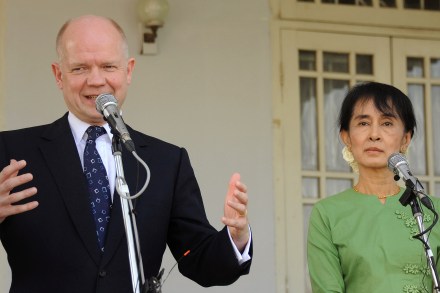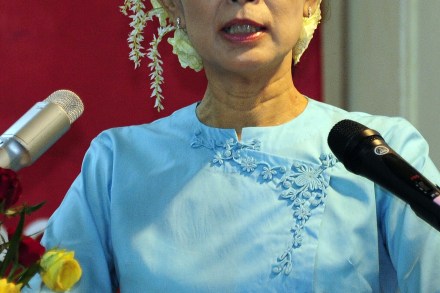The Burma trail
Foreign policy specialists have been confused about how to categorise the coalition. Is it neoconservative, given its backing for the Libyan rebels? No, says no less a figure than the Prime Minister. Is it realpolitical, given the PM’s willingness to make up with Russia and court China? Most No.10 officials would wince at such a description. So what is it? To answer the question, look no further than William Hague’s trip to Burma last week. Not only was it the first visit by a British foreign minister since 1955, but it was also the culmination of little known, high-level, behind-the-scenes outreach to Aung San Suu Kyi by No 10 and




